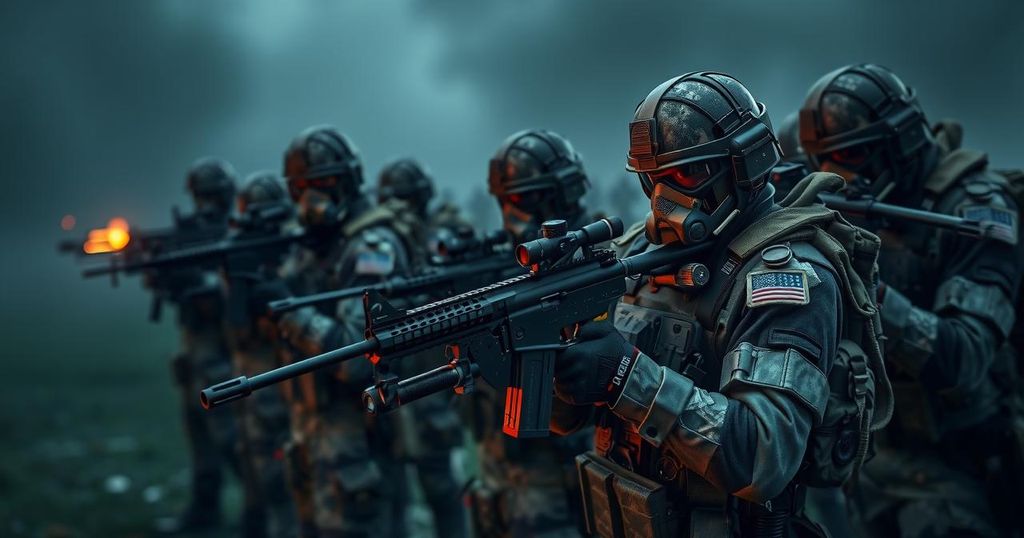Future Prospects of the Wagner Group After Its Rebellion in Russia
The Wagner Group’s brief rebellion against Russian military command ended with Yevgeny Prigozhin’s exile to Belarus. Experts believe that the group, which operates in multiple global regions, is unlikely to dissolve. About 1,000 fighters have reportedly moved to Belarus, while others consider either remaining in their current roles or joining the Russian military, citing payment concerns as a potential barrier. Despite these challenges, analysts suggest a rebranding and return to operations, particularly in Africa, remains a viable option.
The Wagner Group’s short-lived armed rebellion against Russian military leadership ended dramatically after just 36 hours, following an alleged agreement that facilitated the exile of leader Yevgeny Prigozhin to Belarus. The future of the Wagner Group now remains uncertain, yet experts suggest that the paramilitary organization, which has operations extending throughout Eastern Europe, Africa, and the Middle East, is unlikely to disband completely. Reports indicate that approximately 1,000 Wagner members have already opted to relocate to Belarus, with others choosing to either join the Russian military or remain in their current assignments.
The Russian government has provided Wagner fighters with various options, including enlistment in the Russian army, relocation to Belarus, or returning home. Prigozhin’s move to Belarus has enticed some fighters, although the majority of Wagner’s personnel appear to be divided on their next steps. There are concerns within the ranks regarding payment, as paramilitary organizations reportedly offer more lucrative compensation than the Russian military.
Moreover, analysts contend that Wagner may rebrand itself and reestablish operations primarily in Africa, where it has maintained a significant presence. It is also suggested that Prigozhin may retain some level of control over these operations. Observers highlight that Wagner, which has historical ties to numerous paramilitary organizations, could easily adapt with new leadership should Prigozhin choose to withdraw. The situation remains fluid, with the potential for Wagner to shift focus or reemerge under different management entirely.
The Wagner Group is a paramilitary organization that has been active in several conflict zones around the world, including Syria and Africa. Founded by former Russian military personnel, it has operated as a quasi-mercenary army. Recently, the group’s rebellion against Russian military leadership showcased its organizational capabilities and the complexities of its operations. The aftermath of this rebellion raises significant questions regarding its future structure and operational domains.
In conclusion, the Wagner Group stands at a crossroads following its failed rebellion against the Russian military. While some combatants have opted for exile in Belarus, others may choose to rejoin the Russian military or continue their operations within existing territories. The financial motivations behind fighter loyalty are critical for understanding these dynamics. Furthermore, prospects for a reorganized presence in Africa indicate that the Wagner Group may adapt and persist, with or without Prigozhin at the helm. The future remains uncertain but hints at resilience amid changing circumstances.
Original Source: telegrafi.com




Post Comment